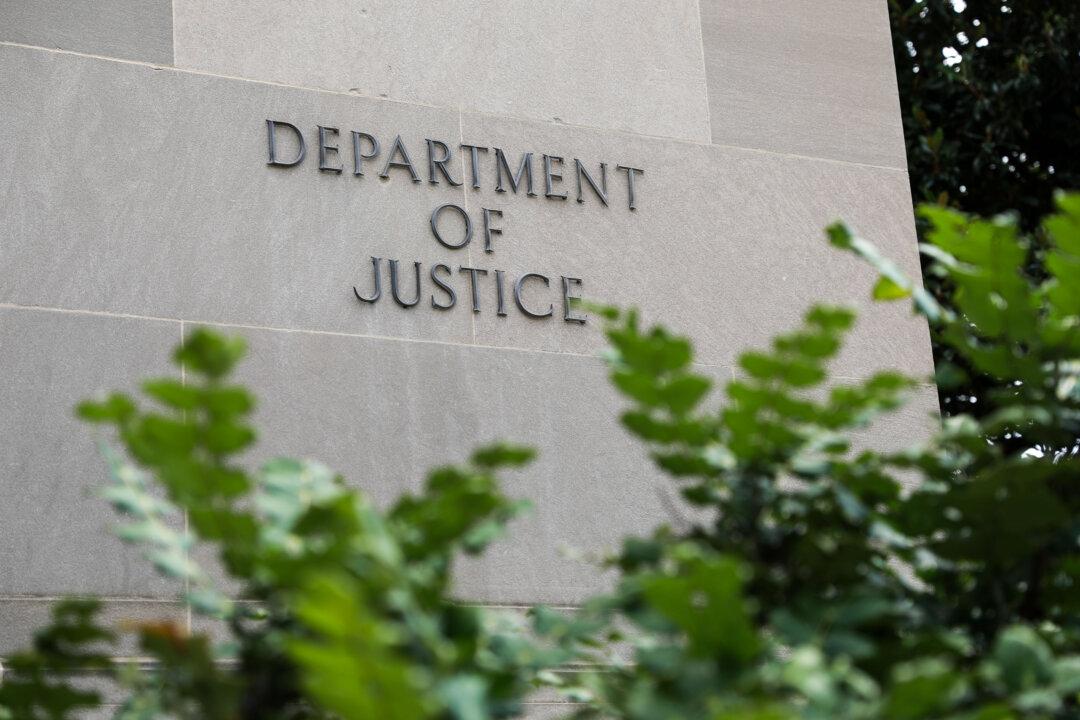A senior Department of Justice official secretly attempted to re-engage the author of the infamous anti-Trump dossier with the FBI and the team of special counsel Robert Mueller, months after the bureau terminated the former UK spy for leaking to the media.
Newly released messages between Associate Deputy Attorney General Bruce Ohr and Christopher Steele show that the pair maintained frequent contact as late as Nov. 27, 2017, more than a year after the FBI cut ties with Steele for disclosing to the media his association with the FBI, in violation of the bureau’s rules for confidential human sources.





